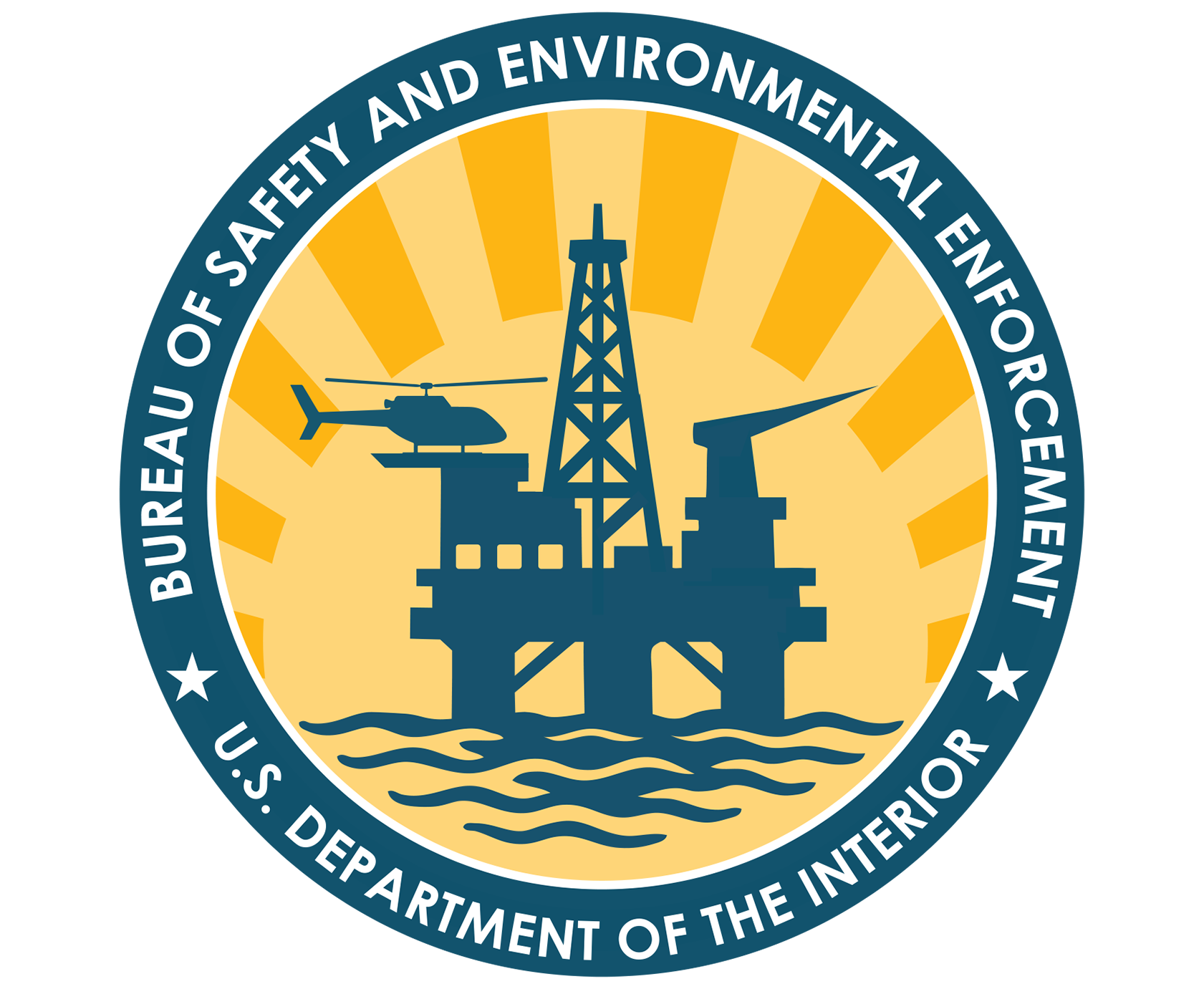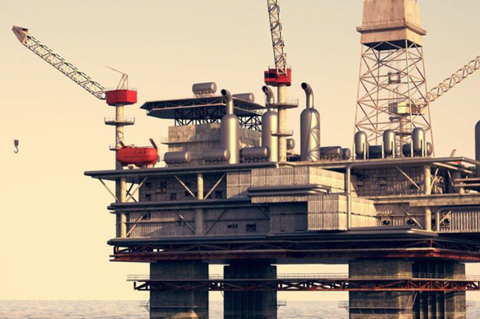Engagement
The Bureau of Safety and Environmental Enforcement (BSEE) is a recognized world leader in offshore oil and gas regulation, research and technical assistance. Through various multilateral and bilateral relationships, BSEE is helping to set the standard for safety and environmental protection across a global industry. Bureau experts are routinely sought after to provide technical assistance and training to other nations who are working to develop their offshore energy resources in a safe and environmentally responsible manner.
Policy: BSEE engages in a range of bilateral, multilateral, and regional activities and discussions to promote safety and environmental protection in offshore energy activities. Efforts can range from information sharing with other offshore regulators to participation in multilateral venues.
Bilateral and Multilateral Engagements: For more information regarding BSEE’s international engagements, contact the Office of Congressional and International Affairs at (bseeoip@bsee.gov)
Standards Development: BSEE engages with numerous standards development organizations.
Agreements
Policy: BSEE engages in a range of bilateral, multilateral, and regional activities and discussions to promote safety and environmental protection in offshore energy activities. Efforts can range from information sharing with other offshore regulators to participation in multilateral venues.
Bilateral and Multilateral Engagements: For more information regarding BSEE’s international engagements, contact the Office of Congressional and International Affairs at (bseeoip@bsee.gov)
Standards Development: BSEE engages with numerous standards development organizations.
Cooperation Between BSEE and the National Energy Board of Canada
In the Spring of 2018, BSEE and Canada's National Energy Board (NEB) exchanged letters expressing their commitment to continue sharing regulatory best-practices and to mutually work together to benefit workplace safety in offshore oil and exploration and production.
U.S. Mexico Transboundary Hydrocarbon Agreement
Some oil and gas reserves below the Gulf of America cross the international maritime boundary between the two countries. The Agreement provides a mechanism to facilitate the safe and efficient exploration and exploitation of hydrocarbon resources along the maritime boundary and provides new opportunities for U.S. companies. The Agreement is designed to enhance North American energy security and support the United States' and Mexico's shared duty to exercise responsible stewardship of the Gulf of America. It is built on a commitment to the safe, efficient, and equitable exploitation of transboundary reservoirs. The Mexican Senate ratified the Agreement the following April, and Mexican President Calderon issued a final decree on May 22, 2012. On December 26, 2013, authority to implement the agreement was granted to the Secretary of the Interior Public Law No: 113-67.
Letter of Intent Regarding Cooperation Between BSEE and Mexico's National Agency for Industrial Safety and Environmental Protection of the Hydrocarbons Sector (ASEA)
Mexico and the U.S. have a long history of mutually beneficial cooperation on conservation, management and sustainable development of natural resources. On October 20, 2015, the Bureau of Safety and Environmental Enforcement (BSEE) and Mexico's National Agency for Industrial Safety and Environmental Protection of the Hydrocarbons Sector (ASEA) signed a letter of intent to strengthen cooperation, coordination and information sharing related to the development, oversight, and enforcement of safety and environmental regulations for development of offshore hydrocarbon resources. This continued cooperation between BSEE and ASEA is in keeping with broader bilateral efforts for cooperation in the environmental and hydrocarbons sector between the two countries.
Memorandum of Understanding Regarding Cooperation Between BSEE and Mexico's National Agency for Industrial Safety and Environmental Protection of the Hydrocarbons Sector
On October 4, 2016, BSEE and Mexico's National Agency for Industrial Safety and Environmental Protection of the Hydrocarbons Sector (ASEA) signed a MOU specifying various areas of cooperation related to the design and implementation of regulations for companies that develop offshore exploration and production projects, stating that priority should be given to the safety of people and environmental protection in both Mexico and the United States.
Forums
-
The IRF is comprised of regulatory agencies with responsibilities
for offshore facility safety. The first meeting was held in Houston in 1994, and annual meetings have been held subsequently. Currently, representatives from the Australia, Brazil, Canada, Denmark, Ireland, Mexico, the Netherlands, New Zealand, Norway, the United Kingdom, and the United States participate in the IRF. Participants share information on technological advances, safety issues, accident investigations, regulatory policies, international standards and conventions, performance measurement, and research. Members may also exchange personnel, and establish reciprocal agreements. -
IOPER is an international forum of offshore petroleum environmental regulators dedicated to the common cause of raising offshore environmental performance. Currently representatives from Australia, Brazil, Canada, Guyana, Ireland, Israel, Mexico, the Netherlands, New Zealand, Norway, Suriname, the United Kingdom, and the United States of America participate in the IOPER. IOPER members represent major oil and gas producing countries focusing on regulatory issues associated with environmental impact, oil spill prevention, and preparedness. Information shared between members and discussions can potentially affect the decision-making of the member regulatory agencies. IOPER does not aim to drive international regulatory or policy actions, but to encourage cross feed of ideas.
The Arctic Offshore Regulators Forum (AORF)
AORF addresses the need for further international technical collaboration in a unique and complex region. It is an Arctic forum of technical and operational offshore energy safety regulators whose members are dedicated to the common cause of continually improving offshore safety outcomes. The primary scope is the exchange of information, best practices and relevant experiences learned from regulatory efforts related to developing energy resources in the Arctic region and cold weather climates. The AORF is composed of technical regulatory representatives from Canada, Finland, Greenland (within the Kingdom of Denmark), Iceland, Norway, and the United States of America. The inaugural meeting of the AORF was held April 30-May 1, 2015, in Washington, D.C.



